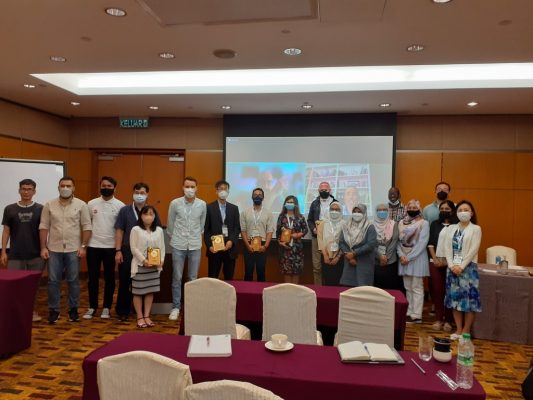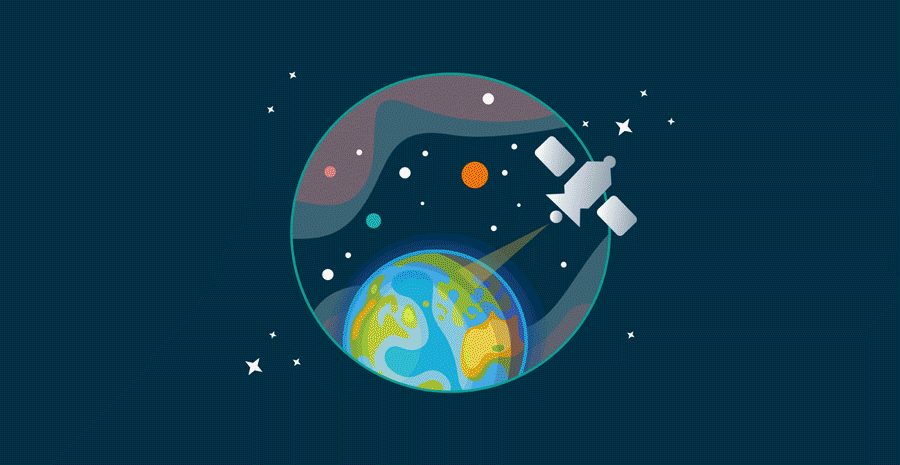During July and August 2022, teams led by ESA and international partners NASA, JAXA, supported by EOX, RHEA, and Development Seed conducted two hands-on tutorial sessions on Geo-Storytelling and EO Data Science in the Cloud, on the occasion of the IGARSS 2022 (International Geoscience and Remote Sensing Symposium) and the FOSS4G 2022 (Free Open Source Software for Geospatial).
The objectives of the workshops were to:
- educate EO Data Scientists on the use of the open-source dashboards built with EODASH (e.g. RACE and EO Dashboard), and
- demonstrate how to design reproducible workflows using the EO data & compute resources powering these solutions.
Workshop participants were provided with access to the Euro Data Cube services (sponsored through the ESA Network of Resources), where they used their EOxHub workspace (managed JupyterLab instance with curated base images) to run example Notebooks prepared by the team and customise their own workflows using the open data made available by the three agencies and the other contributors to the project including some of the Copernicus Services. The complete list of contributors and data is available via the links at the end of this article.
Interoperable infrastructures and open standards allow for reproducibility of workflows that use inter-agency EO data, as demonstrated to the EO Open Data Science and FOSS communities during the workshop.

The examples run with the attendees covered a wide range of topics: they showed how Earth Observations from various missions (e.g. Sentinel-5p TROPOMI, OMI Aura, GCOM-C, etc.), combined with other open geospatial data and information (e.g. Open Street Map) provide insights into changes in the environment, economy or agriculture.
Participants could practice code-driven access and processing of EO data to:
- understand the environmental impact of the March 2020 lockdown in Venice
- observe the extent and impact of the 2019 bushfires in Australia
- measure the air quality variation over various cities
- explore how Nightlights correlate with other economic parameters
- monitor variations of road traffic density
- observe ship traffic variations with Machine Learning.
These workshops are part of a greater effort of the European Space Agency to develop capacity on Open Science and Open Innovation practices in EO science and applications. Participants and other EO Data Scientists can benefit from these resources beyond the duration of the workshops, as they are fully and freely available on the Euro Data Cube marketplace.
Here’s a detailed list of the accessible resources:
- Notebooks for the IGARSS tutorial
- EODASH GitHub
- RACE webpage
- EO Dashboard webpage.
ESA can sponsor access to the Euro Data Cube services via the Network of Resources (NoR).

